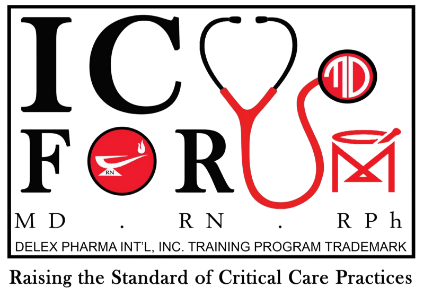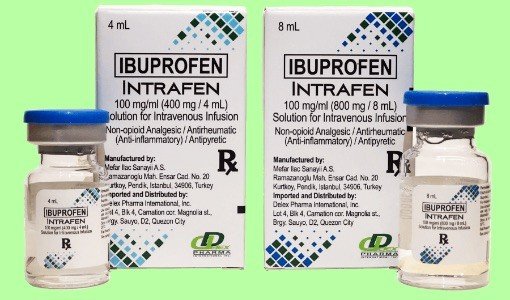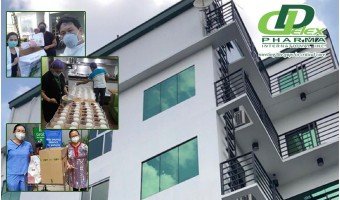
CHATROOM
POST INTENSIVE CARE SYNDROME IN THE TIME OF COVID-19
Speaker: Dr Joanne B. Robles, MD, FPCP, FPNA
Keep on track with the latest updates about PICS by watching the full video HERE. https://delexwebinar.zoom.us/rec/share/7foAzAoa2HguR99Lz9LDMQDgmvOnHoXYisBlH-obB1bcJ0R_M7z2hfGj-kSmb-gV.okV5BnDHT3ueg5KT
After the patient’s battle with the coronavirus, what would be the significant aspect of post-intensive care that will be delineated to them? The role of health care professionals continues even the infected individuals were discharged from the Intensive Care Unit (ICU). They demonstrate knowledge and actions that are essential to patients who need supportive care. Research shows that the next public health plight that might arise after the height of COVID-19 is the Post-intensive Care Syndrome (PICS). Hence, health care allies are making rounds in developing and reinforcing strategies that will address such a concern.
As part of the initiatives of the ICU Forum to strengthening the pillars of healthcare providers, it has launched an online symposium with Dr. Joanne Robles, a Neuro Critical Care, from the Asian Hospital Medical Center.
From Doctor Robles’ lecture, she has defined the PICS as a disability that remains in those survivors of the critical illness posed by the COVID-19. The said syndrome also implicates impairment in cognition, psychological health, and physical function of the inpatient who survived. It was also inculpated emerging among the survivors after the stage of critical illness and persisting beyond discharge from the acute care setting. While the challenge is anchored to the supportive care given to the infected individuals who get through the disease, a proposed clinical tool for the detection of PICS was developed. It is called the Healthy Aging Brain Center Monitor Self-report version. The tool evaluates the cognitive, psychiatric, and physical behavior of the patient. Utilizing the mechanism revealed that a patient with a higher score has a higher probability of developing or has experienced PICS.
Delving deeper into understanding the syndrome, Dr. Robles has enumerated methods of measuring the outcomes. The scheme encompasses cognitive impairment, physical functioning, mental health problems, and family experience after the ICU. There are several thorough processes of treating and managing concerned patients. Some of which were cited by our expert speaker. It involves the necessity of the COVID-19 survivors to be evaluated for Post-Intensive Care Syndrome. Likewise, the assessment should be managed by a multidisciplinary team, including a critical care physician, neuropsychiatrist, respiratory therapist, pharmacist, and nutritionist.
She has ended her lecture by expressing that the need for readiness among the healthcare experts is critical since PICS is implicated as a crisis after a predicament.



